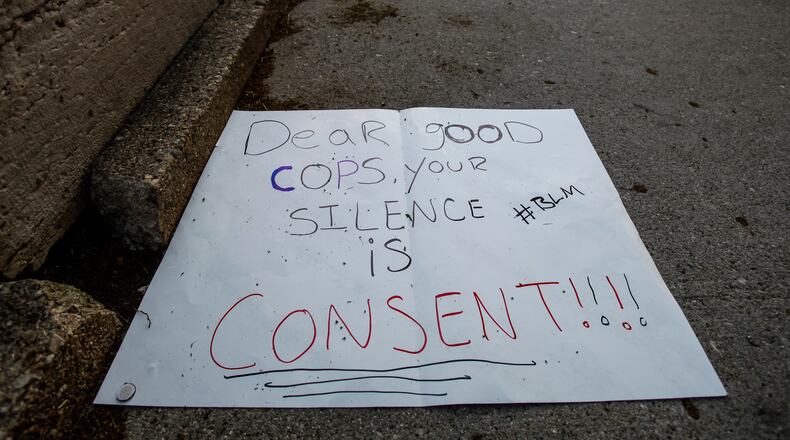RELATED: Talks begin on improving police-resident relations
He said two issues caused him to cancel.
“Because Dayton is still healing from the Oregon District shooting, I don’t think people are quite ready for an open-carry demonstration,” Livada said. “Even though it’s our second amendment and first amendment right to do so, that could have detracted away from the message.”
Livada said he first changed his plan to a concealed-carry demonstration for Saturday, but many of those who had earlier expressed interest backed out. He was concerned too many people were more interested in the open-carry side of the demonstration than the policy goals.
“So we canceled my demonstration,” he said.
RELATED: Church leaders: Protestors’ voices not being heard
Livada said he intends to take part in police policy discussions in the coming weeks.
The proposal he sent out has six points — eliminating police use of chemical irritants, better police hiring and discipline practices, more mental health and scheduling support for officers, better use-of-force and escalation systems, accountability that includes third-party review, and better officer-community involvement.
RELATED: How to talk with your kids about unrest, racism: 'Be honest'
About the Author

